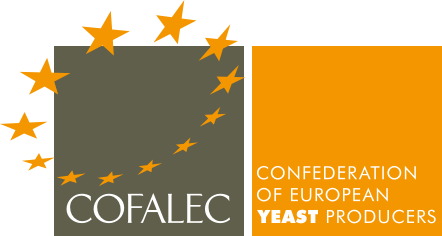For instance, a Singapore lab recently bioengineered yeast cells for the improvement of drug delivery. Their technique might deliver precise treatments for human diseases.
Once engineered, the micro-organisms could adapt in real-time to a patient’s illness, leading potentially to less side effects. This innovation allows the yeast microbial communities to self-regulate their composition when they receive external signals. They are separated into two types that can switch and cooperate. As such, yeast cells can collectively perform complex tasks.
The researchers are now focusing on expanding the findings : the goal would be for the yeast communities to specifically react to different illness types. The objective is to explore how the colonies could create molecules that fight specific illnesses, which would continue to benefit the development of tailored therapies in the field of precision medicine.
